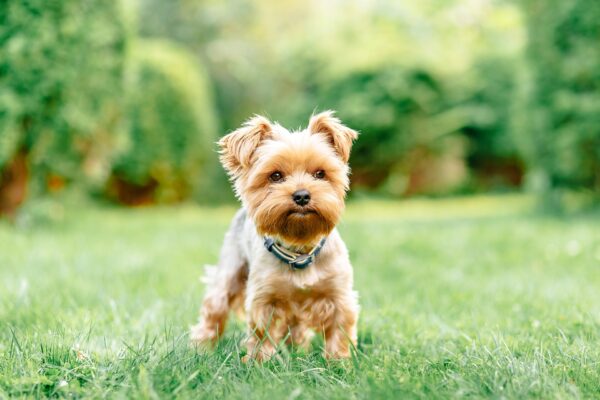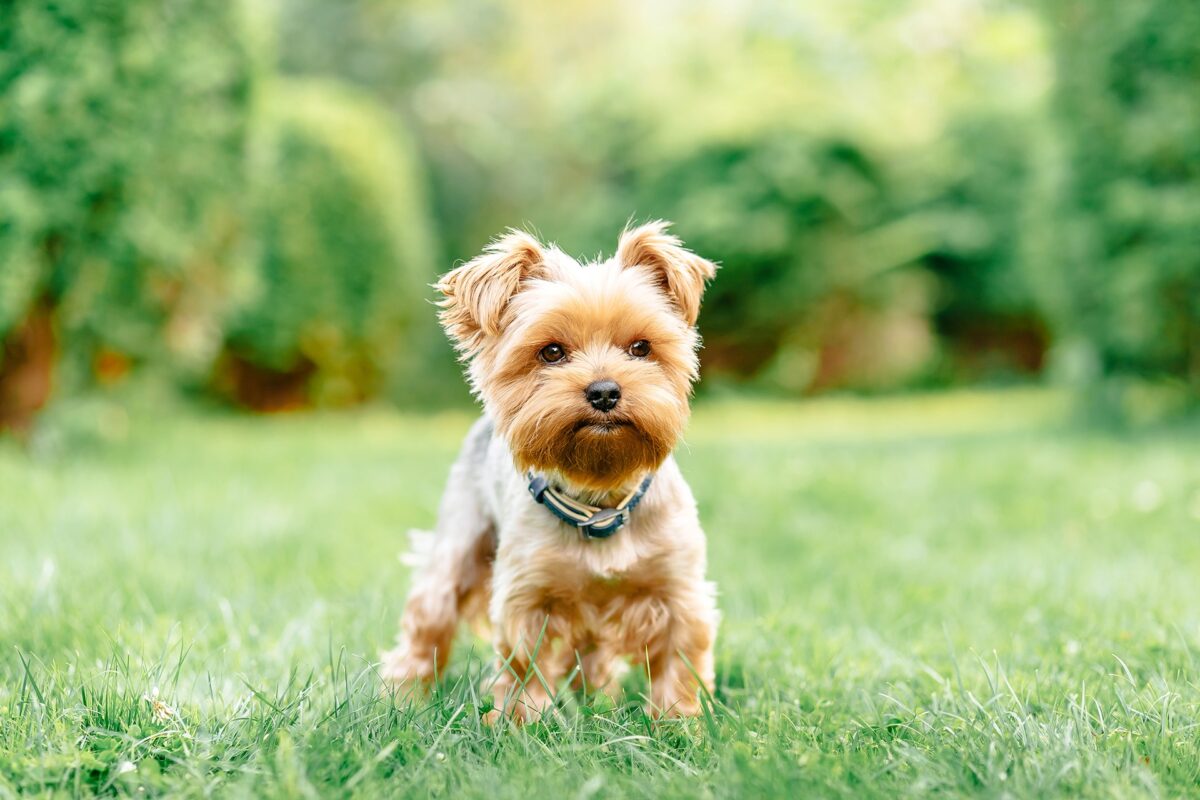Dogs eating poop, also known as coprophagia, is a surprisingly common behavior with a variety of potential causes. While it may seem gross to us, it’s important to understand the underlying reasons before resorting to punishment, as this can often worsen the behavior. Here’s a comprehensive breakdown of why dogs eat poop:
Normal Reasons:
- Motherly Instinct: Mother dogs naturally eat their puppies’ poop for the first few weeks after birth. This keeps the den clean and prevents the spread of disease.
- Instinctual Cleanup: Wolves, the ancestors of dogs, sometimes ate the poop of their young to keep the den area free of parasites. This behavior may persist in some dogs today.
- Dietary Deficiencies: Some dogs, especially puppies, may eat poop if they have deficiencies in their diet, particularly nutrients like digestive enzymes or certain vitamins and minerals.
- Exploration and Curiosity: Puppies are naturally curious and may explore the world through their mouths, including tasting poop.
Underlying Issues:
- Medical Conditions: Several medical conditions can lead to increased appetite or nutrient deficiencies, making dogs more likely to eat poop. These include parasites, malabsorption syndromes, pancreatic insufficiency, diabetes, thyroid disease, and Cushing’s disease.
- Boredom and Stress: Dogs who are bored or stressed may engage in repetitive behaviors like coprophagia. Confinement, lack of exercise, and anxiety can all contribute to this behavior.
- Attention Seeking: Some dogs may learn that eating poop gets them attention, even if it’s negative attention. If you scold or react strongly when you catch your dog eating poop, it may reinforce the behavior.
- Dietary Imbalances: Diets low in fiber or high in processed ingredients can make poop more appealing to some dogs. Additionally, some dogs may develop a taste for the poop of other animals, like rabbits or cats, due to the different digestive enzymes and bacteria present.

What to Do if Your Dog Eats Poop:
- Consult your veterinarian: Rule out any underlying medical conditions that may be contributing to the behavior.
- Address dietary needs: Ensure your dog is getting a high-quality, balanced diet that meets their nutritional needs. Consider adding more fiber to their diet, or switching to a different food if you suspect the current one is contributing to the problem.
- Increase exercise and mental stimulation: Provide your dog with plenty of physical and mental activity to help combat boredom and stress. Regular walks, playtime, and training sessions can all be helpful.
- Manage the environment: Pick up poop promptly and discourage access to areas where other animals may have defecated. If you suspect your dog is eating their own poop, keep them on a leash during potty breaks and supervise them closely.
- Avoid punishment: Scolding or punishing your dog will only make the problem worse. Focus on positive reinforcement for desired behaviors and redirect their attention if you catch them trying to eat poop.
Remember, coprophagia is a common behavior with many potential causes. By understanding the underlying reasons and taking steps to address them, you can help your dog break this habit and live a healthier, happier life.
I hope this information is helpful! Let me know if you have any other questions.

